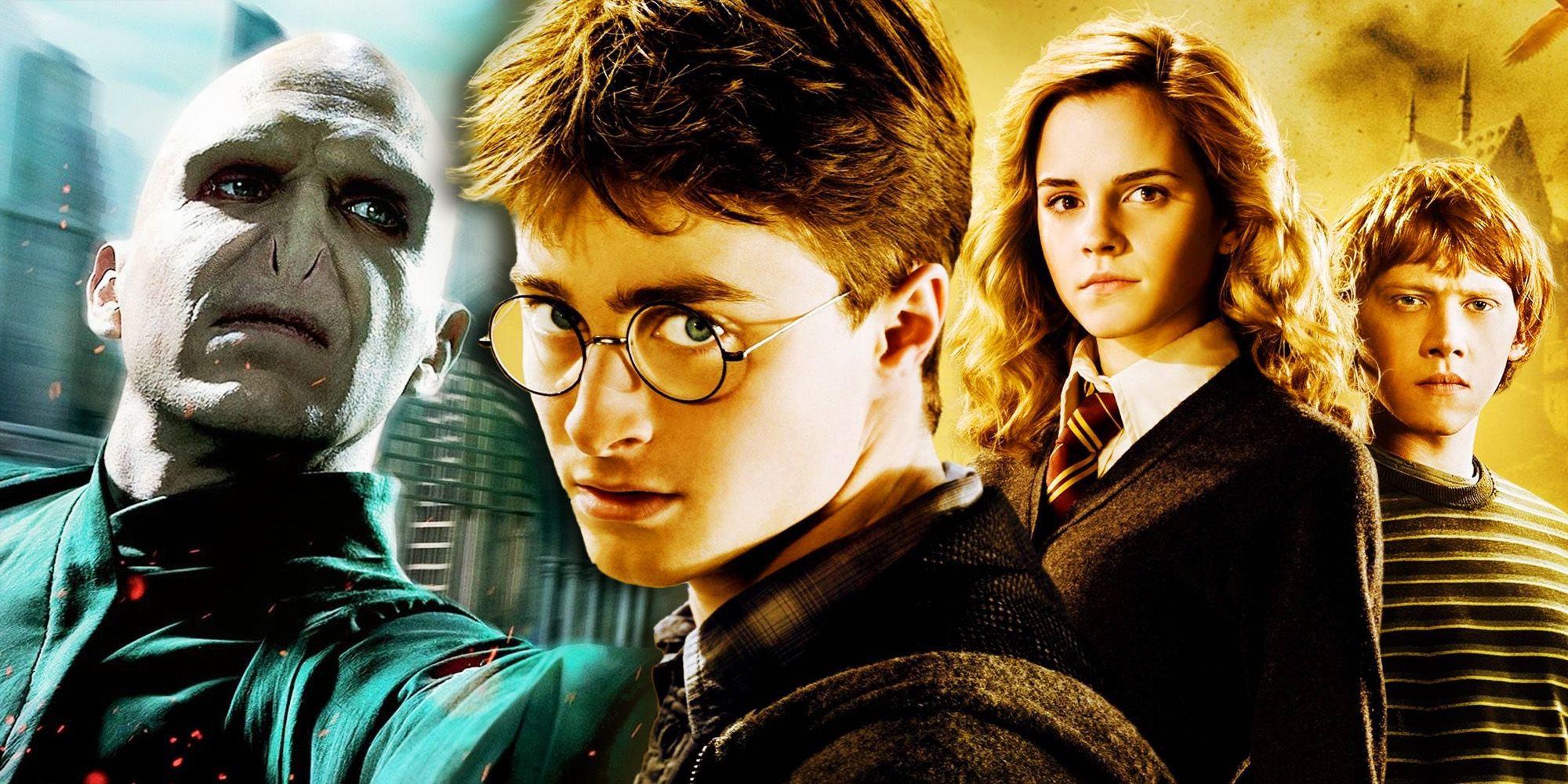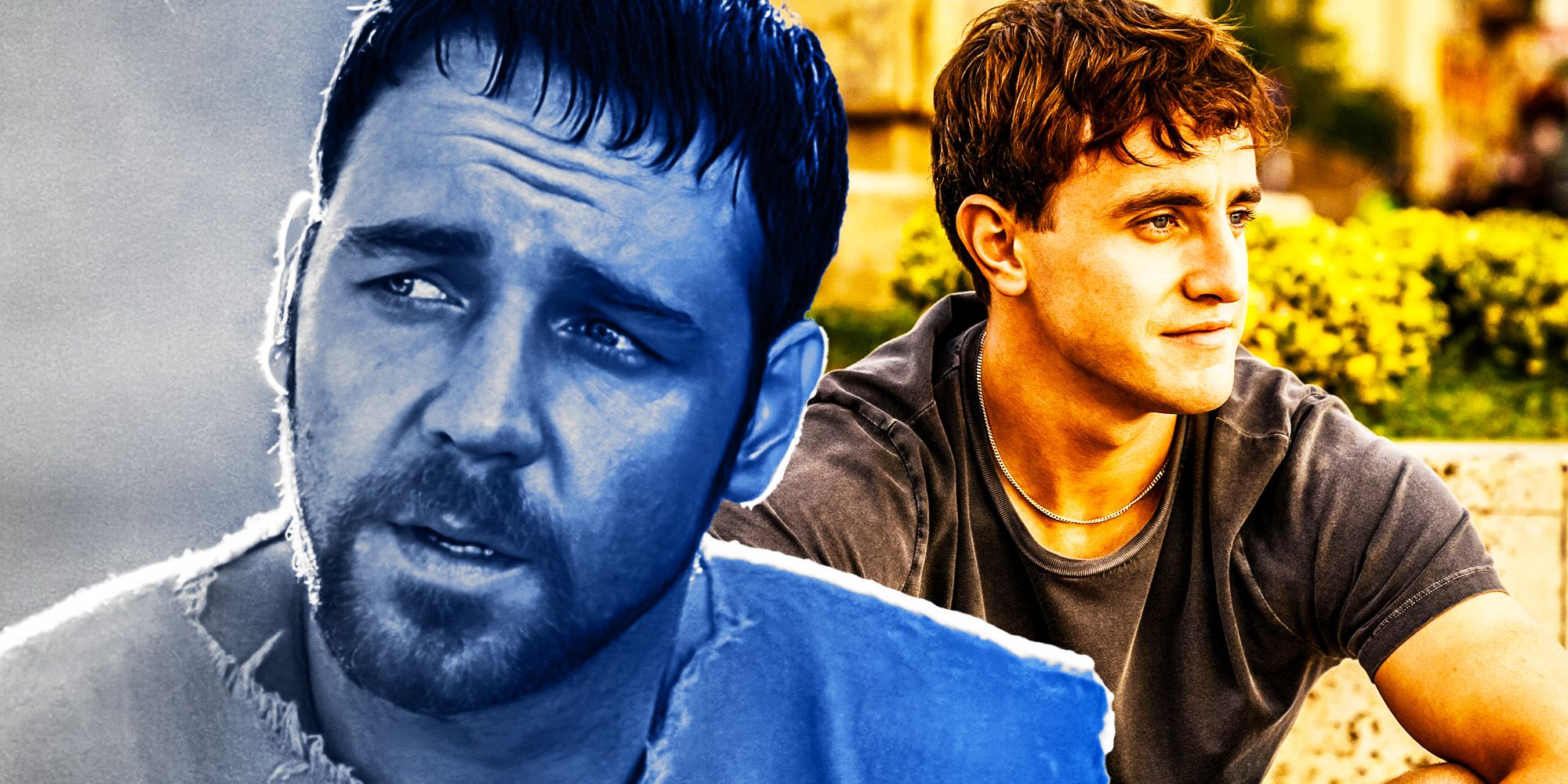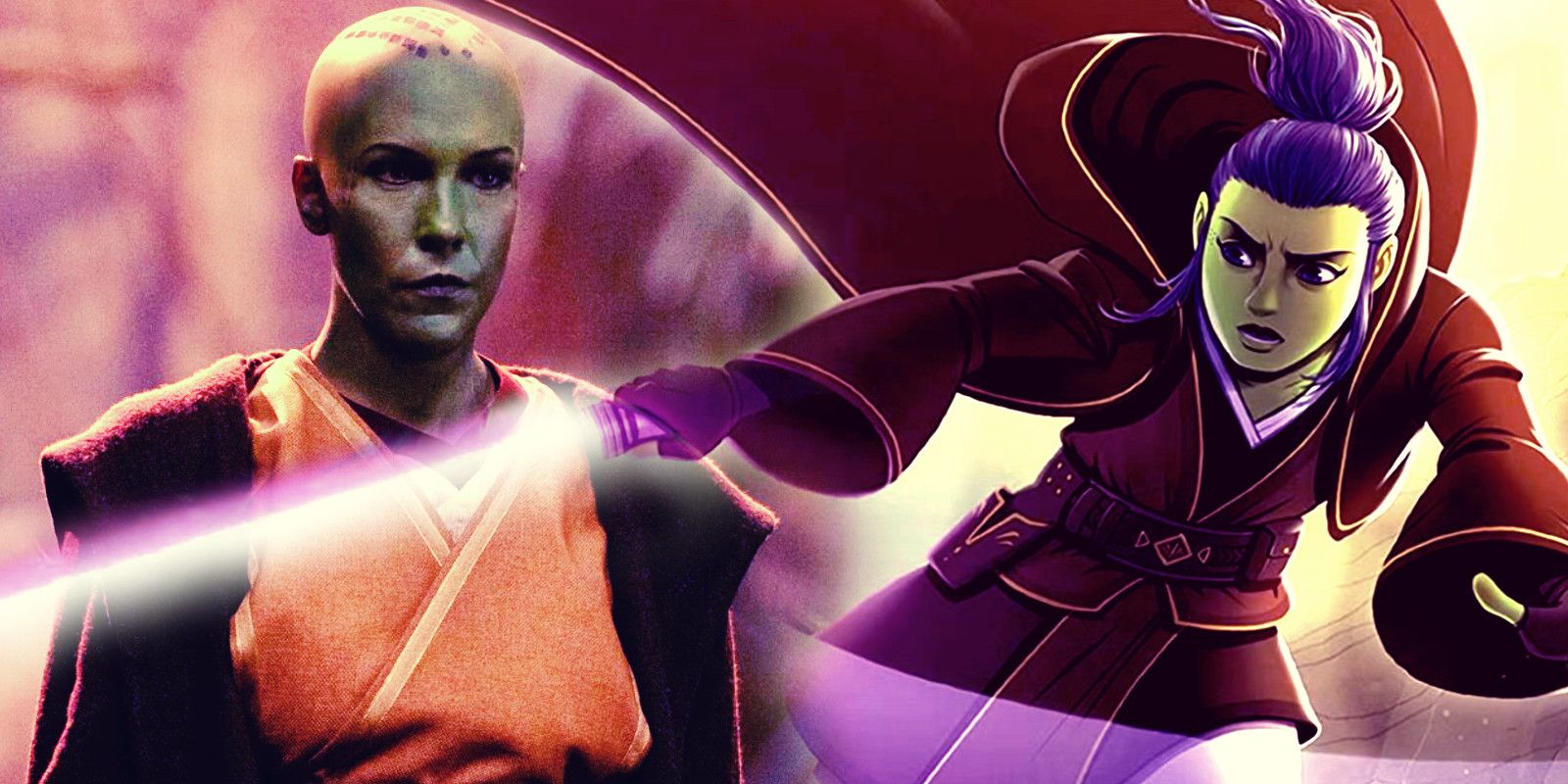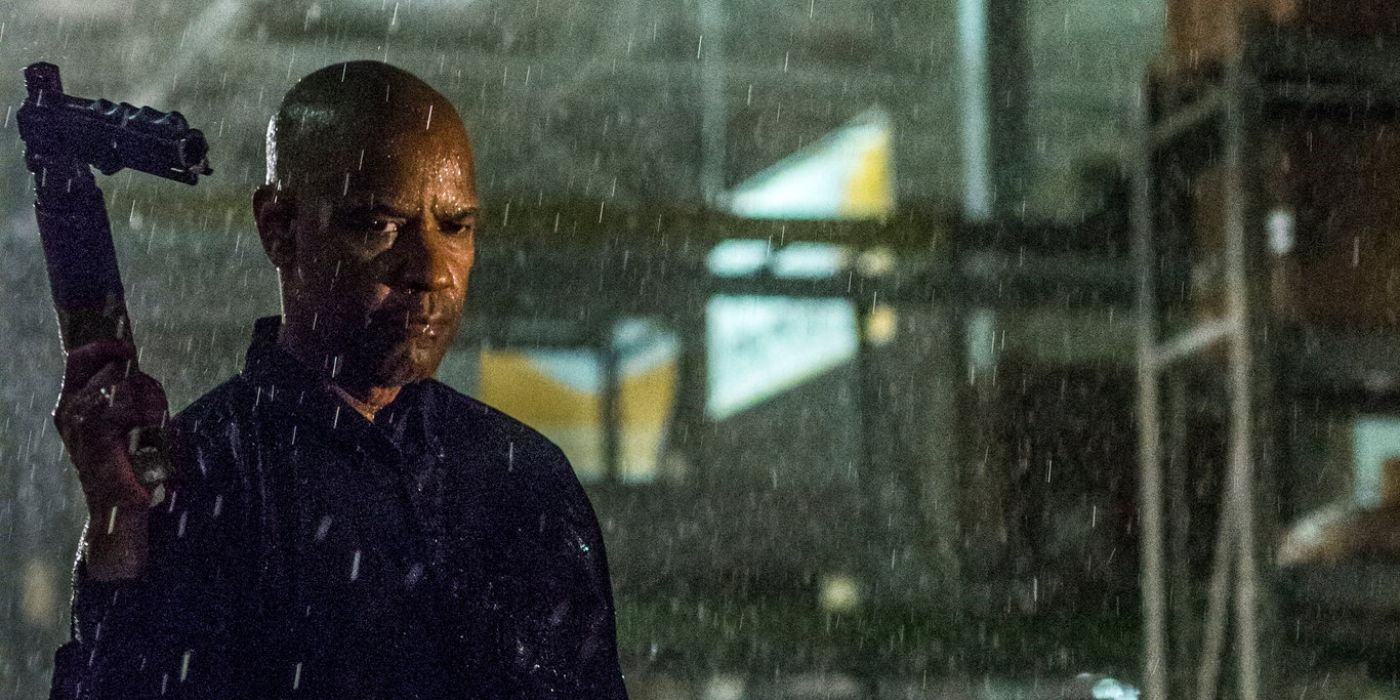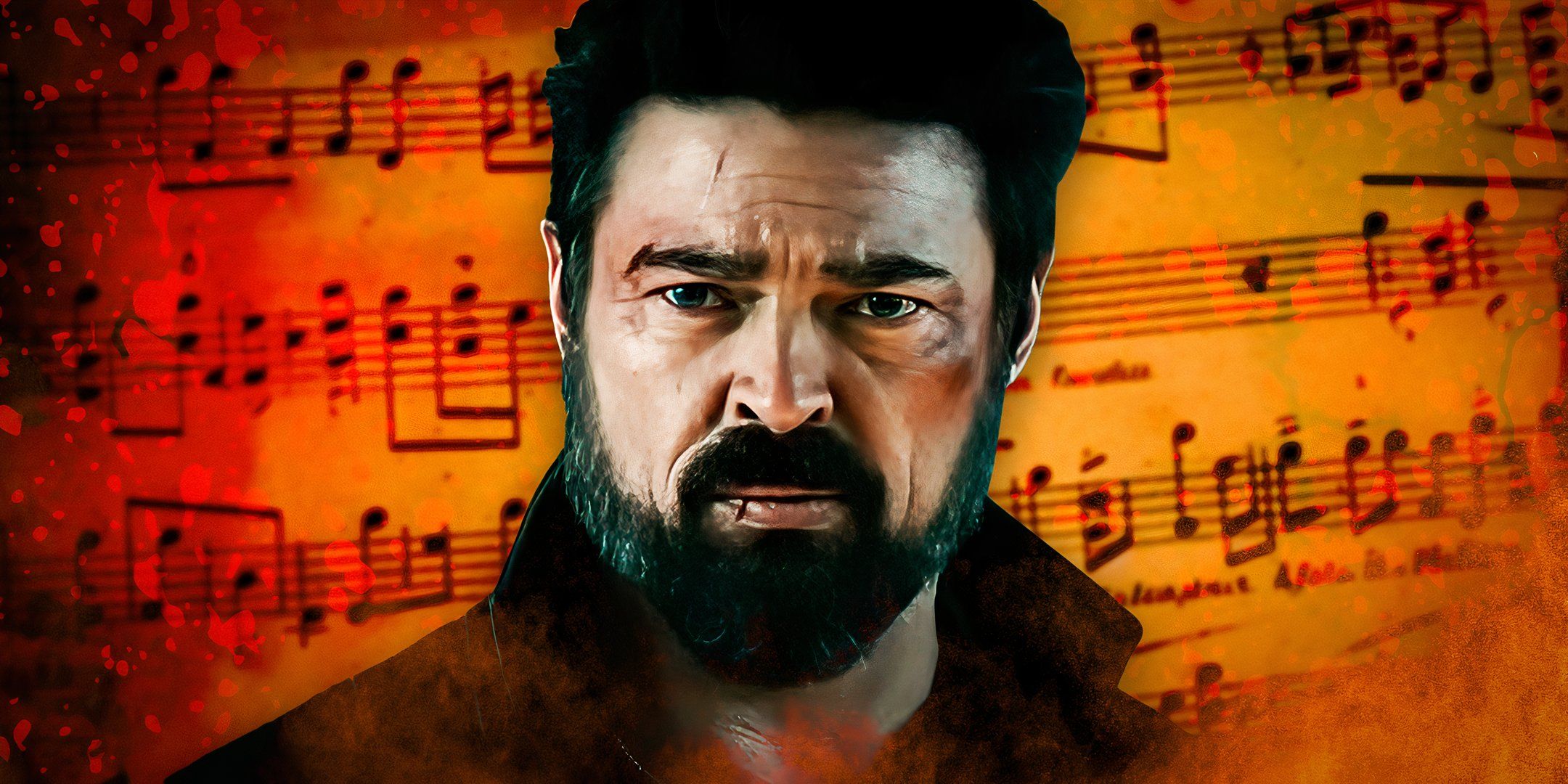Warning: Spoilers for Fantastic Four #16!The children of the Fantastic Four have officially made the teenage secret identity trope of comics and movies, popularized by Spider-Man, obsolete. The humble beginnings of the earliest Spider-Man comics helped popularize the trope of a teenager trying to protect their secret identity while juggling superheroics and school. However, in a world where superheroes are the norm in movies and comics, Spider-Man having a secret identity looks out of place, even in the MCU.
This notion doesn’t feel more evident in the comics than it does in Fantastic Four #16 by Ryan North, Francesco Mortarino, Brian Reber, and VC’s Joe Caramagna. The issue sees the children of the Fantastic Four starting at a new school in Arizona after being reunited with their parents. In a complete reversal of the earliest Spider-Man comics, where Peter Parker would jump through hurdles trying to keep his secret identity a secret in high school, Valeria and Franklin Richards introduce themselves to their classmates as part of the Fantastic Four.
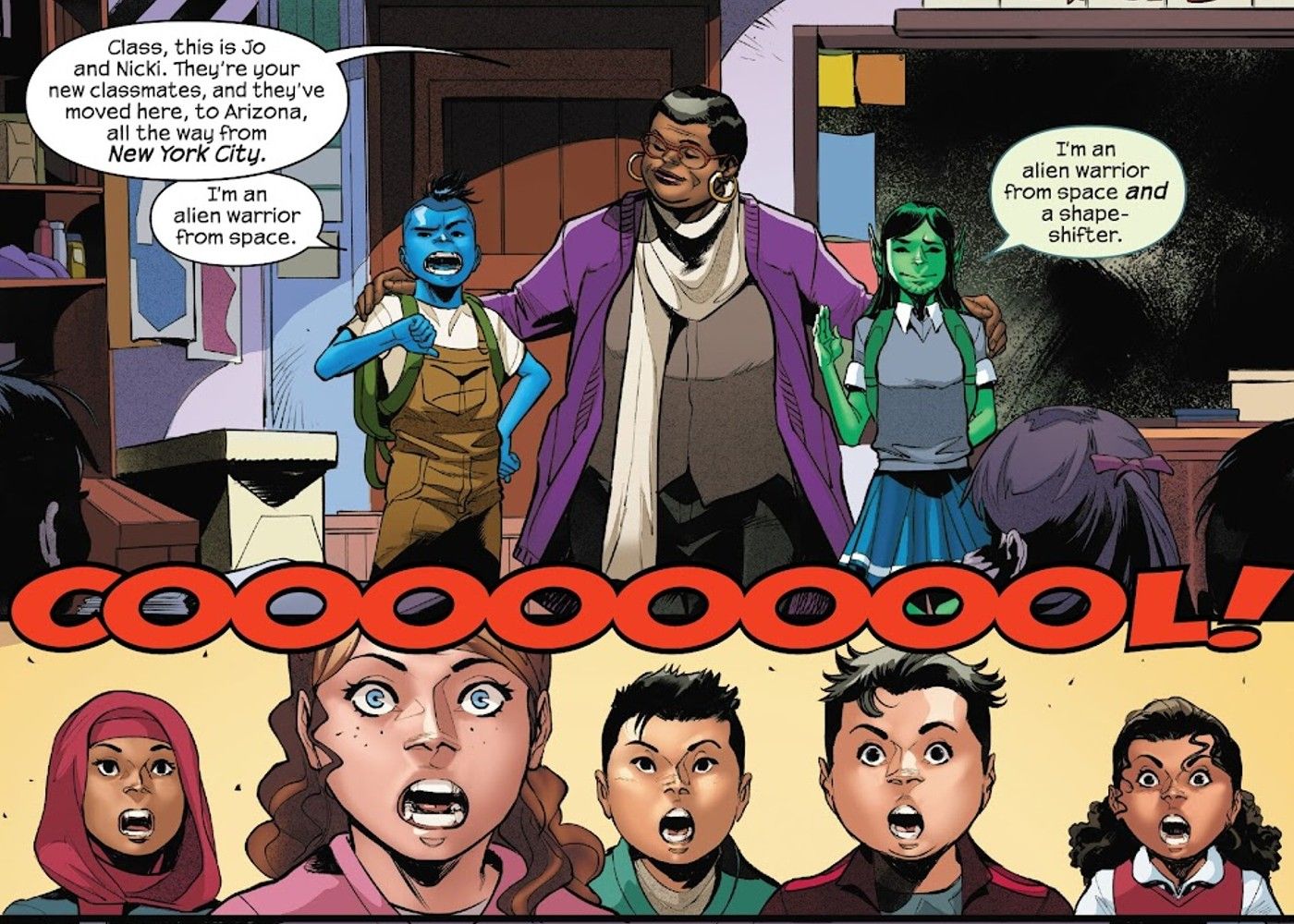
In one issue, it becomes clearer than ever that one of the staple tropes of golden age comic books is virtually nonexistent today. And that’s not necessarily a bad thing.
The Fantastic Four’s Kids Don’t Need to Hide Their Identities
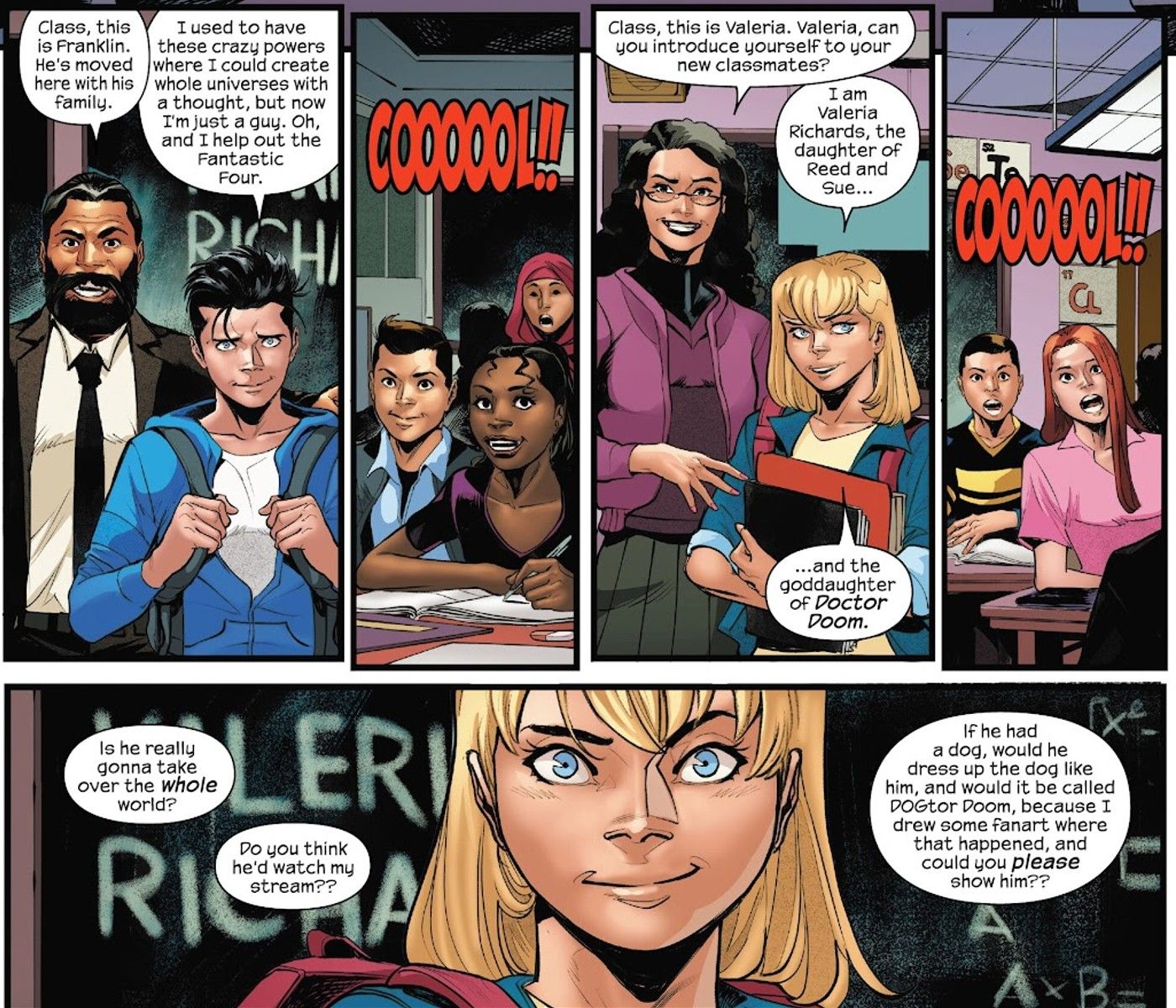
Flashing back to 1962, when the concept of being a superhero in comic books was still relatively new, Spider-Man hit the shelves for the first time. In his early adventures, 15-year-old Peter Parker makes the conscious decision to keep his personal life separate from his superhero life. For him, keeping his secret identity is the smartest means to protect his friends and family from his enemies, along with avoiding any fear of being branded an outcast by fellow high schoolers who’d see him as a freak. Val and Franklin don’t need to worry about any of that in 2024.
After the events of Devil’s Reign saw the Fantastic Four get arrested and their accounts frozen, the family has relocated from New York to Arizona. There, Reed and Susan’s children, Franklin and Valeria, begin attending the local high school. Right after the Thing’s kids introduce themselves first, Franklin and Valeria introduce themselves as the children of the Fantastic Four – and in Valeria’s case, the goddaughter of Doctor Doom. Instantly, the class of students are excited and enamored with their new classmates, immediately bombarding them with questions about their superhero lives.
It’s Safer to Be a Superhero in 2024
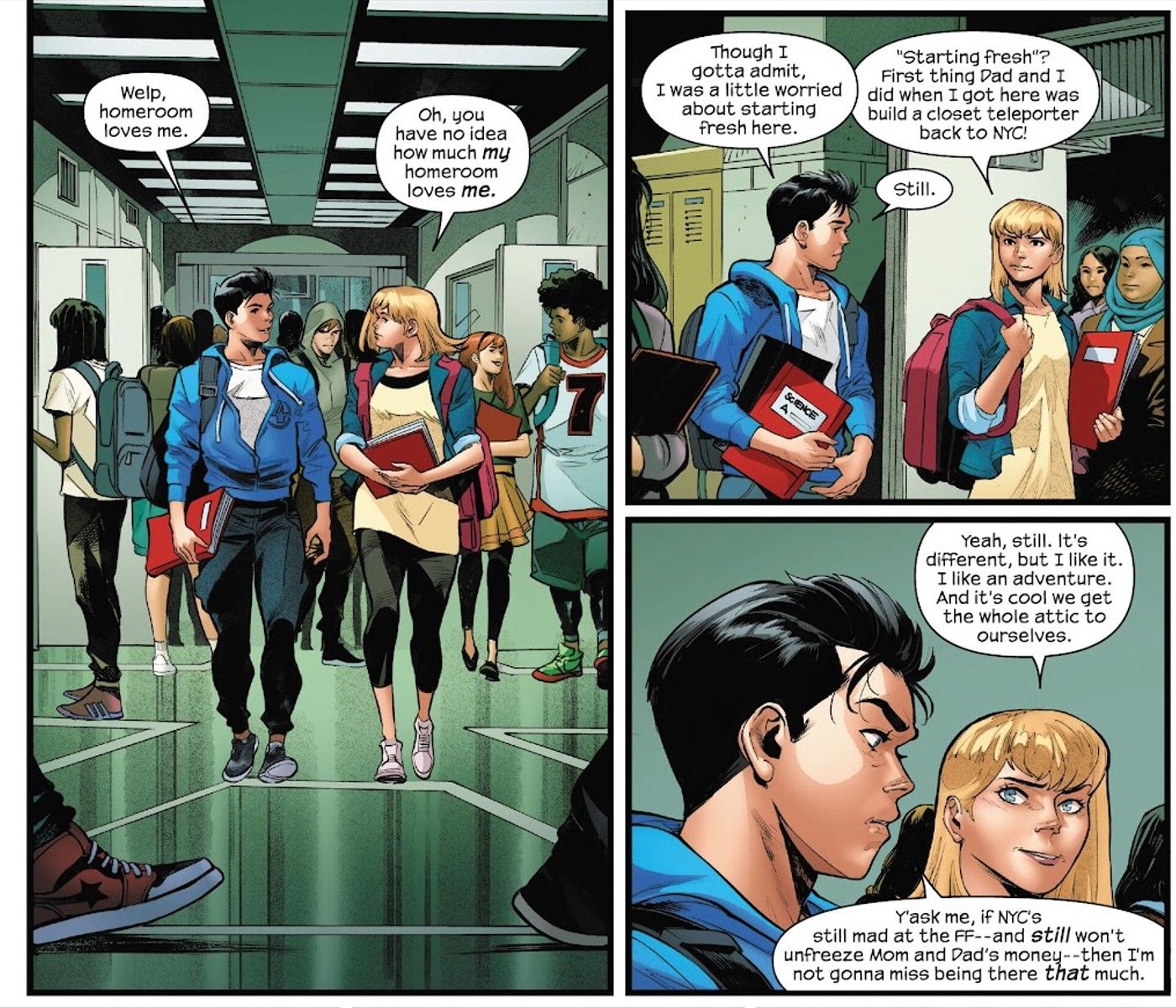
Having parents as celebrities who can protect themselves probably makes it easier to be open about their powers, abilities, and extracurricular activities in their high school (as if they have a choice). But 2024 is, for the most part, a safer time to be a superhero. Yes, New York is an exception thanks to the Kingpin’s banning of vigilantes, but outside of that, superheroism is normalized. There’s a reason why most high-profile heroes in the Marvel Universe today don’t have secret identities.
When Spider-Man first debuted, it was a no-brainer that he needed a secret identity in a world where superheroes were still unfamiliar territory to citizens. Today, in a world where there are laws that exist in place to protect superheroes (like the Secret Identities Act that She-Hulk namedrops in Jackpot #1), there is less of a demand for superheroes to hide in the shadows, let alone have secret identities. The adoration that the Fantastic Four‘s kids receive is a prime example of how in-universe superhero culture has positively evolved since the days when Spider-Man first arrived on the scene.
